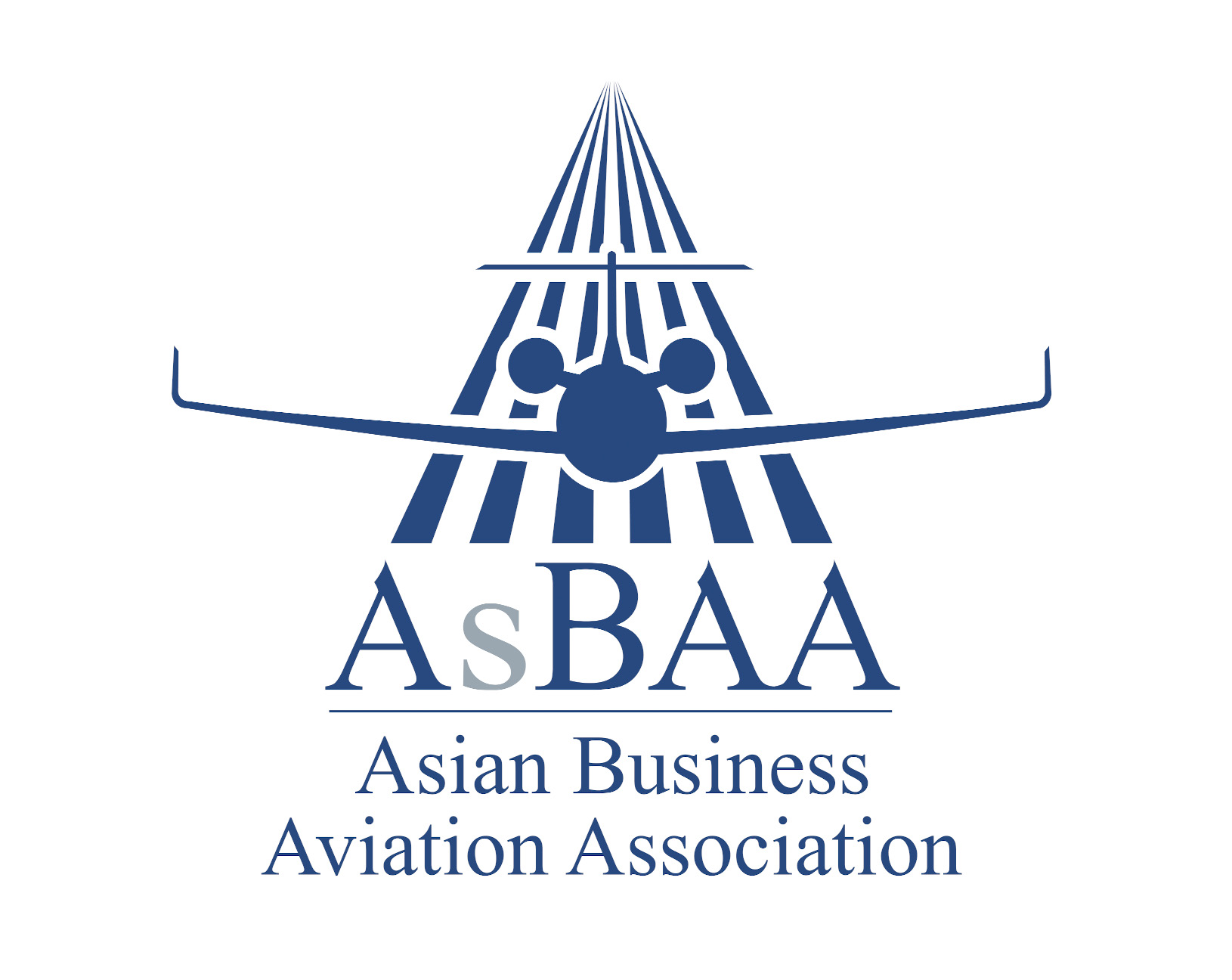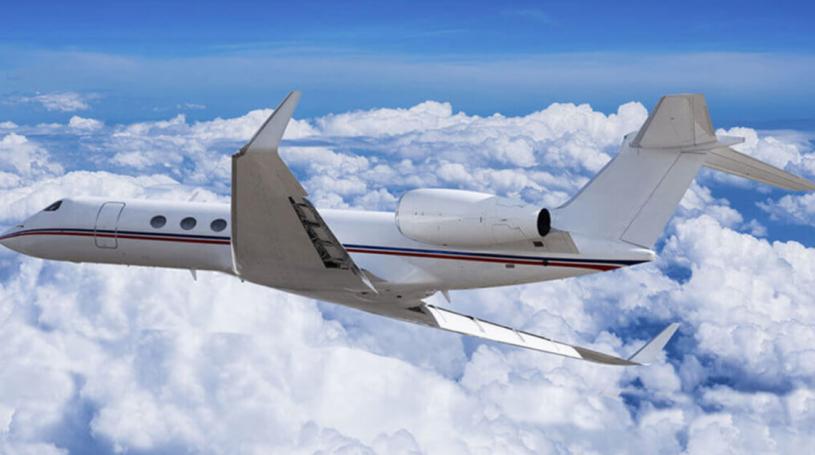Sustainability Update: IBAC Calls on ICAO to Adjust CORSIA Emissions Baseline
Requests use of only 2019 emission figures, removing 2020 data, to assess offsetting obligations because of COVID-19 impact on global air travel
MONTREAL – 27 April 2020 – The International Business Aviation Council (IBAC) has submitted a letter to the International Civil Aviation Organization recommending that the CORSIA baseline be adjusted now to take into account the unprecedented effects of COVID-19 on worldwide air travel.
CORSIA is an offsetting scheme developed by the International Civil Aviation Organization (ICAO) as part of the basket of measures to reduce carbon emissions from international civil aviation and an important mechanism toward achieving carbon-neutral growth from 2020. Business aircraft operators that emit annually more than 10,000 tonnes of CO2 in international flying are included in the scheme.
The CORSIA baseline, from which annual growth and future offsetting requirements will be calculated, was originally expected to be the average level of emissions between 2019 and 2020. This would be the basis for analyses of overall costs to aircraft operators over the planned phases of CORSIA (2021 to 2035). The significantly reduced level of international aviation emissions in 2020 will lower drastically the CORSIA baseline. This means that the ensuing annual offsetting calculations will be much more costly to operators. These costs will compound the challenging recovery circumstances for the business aviation sector and be a long-lasting, undeserved penalty for the aviation sector as a whole.
Kurt Edwards, Director General of IBAC said, “IBAC has always advocated a fair and equitable market-based measure that compliments the overall set of emissions-reduction measures available. However, given the exceptional circumstances caused by the COVID-19 pandemic, IBAC is concerned that a baseline average taken from 2019 and 2020 will reflect a highly anomalous circumstance inflicted on international aviation.”
Edwards continued, “Using only 2019 emissions levels as the baseline provides a simple solution to this serious problem and would represent a much smaller penalty to operators in terms of cost compared to a baseline taking into account the highly irregular traffic levels of 2020. Such a reasonable approach to CORSIA will contribute to ongoing efforts by the business aviation community to mitigate and reduce emissions. Penalizing operators by including exceptionally low 2020 emissions levels in the baseline will only divert critical resources from operators’ ability to take climate action and to contribute to the economic and sustainable development of regional and national economies around the world.”
IBAC is requesting that the ICAO Council favorably consider this proposal and reach a decision quickly to instill certainty and confidence in CORSIA.
Media contact: Marj Rose, IBAC Communications Consultant, comms@ibac.org
About IBAC: IBAC represents the interests of business aviation worldwide. IBAC is a non-profit, international trade association with permanent observer status at the International Civil Aviation Organization, the UN Specialized Agency for aviation matters, in Montreal, Canada. IBAC promotes and manages the industry-leading standards for best safety practices through its International Standard for Business Aircraft Operations (IS-BAOTM); International Standard for Business Aviation Handling (IS-BAHTM); Safety Management Tool Kit; SMS eLearning training; and Aircrew Identification Card. www.ibac.org

